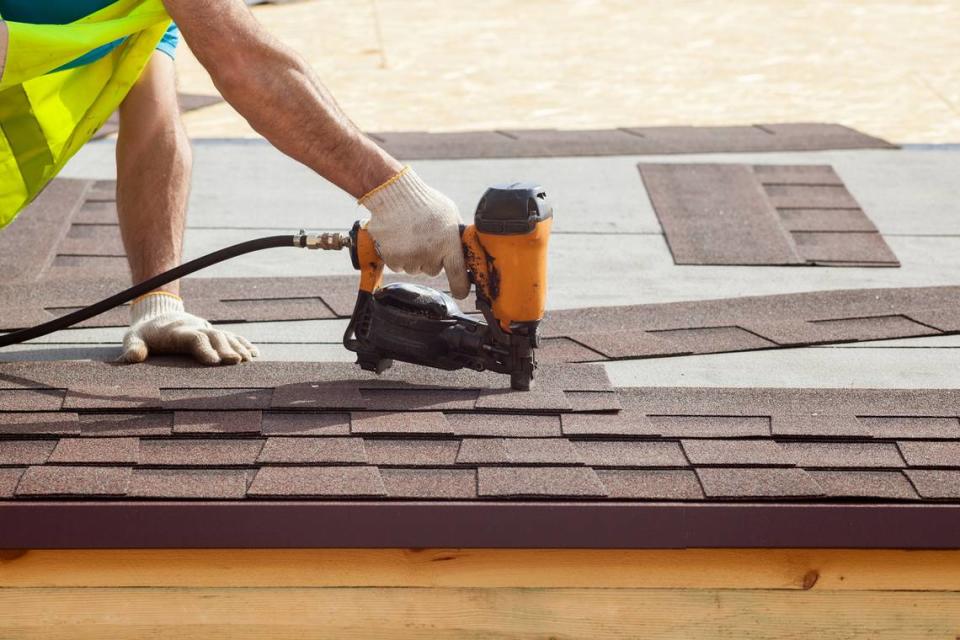Can home improvements cut your insurance bill? What agents say about possible savings
Contractors have knocked on your door offering to sell you new windows or replace your roof.
They say hiring them could save you thousands on your insurance bill.
But are the financial benefits of home improvement as big as they’re made out to be?
It all depends on what you are looking for, independent insurance agents in South Florida say.

Cost comparison
If the goal is to reduce overall expenses, then the answer is probably no. That’s because it could take many years for the insurance savings to cover the costs of getting a new roof, hurricane windows or reinforced doors.
“The costs of these types of improvements can range between $15,000 to $25,000, depending on the conditions of the property,” said Fermín Acosta of F. Acosta Insurance Group in Doral. “That investment will generate savings, but those savings are not going to be that big.”
The size of the savings vary from one insurance company to the next. Insurers in Florida are required by law to provide discounts in their policies for homeowners who have accumulated “wind mitigation credits” by making specific home improvements designed to withstand severe weather.
In South Florida, the maximum amount of credits in theory could generate between $800 and $2,000 a year in savings.
“But that’s not what usually happens,” Acosta said. “What is most likely, is that you make those large investments in your home, and you obtain a rate reduction of $300.”
And yet these types of upgrades could protect your finances in a more important way:
They could spare you from the financial devastation of losing your home during a storm, he said.
What to know when buying a home
While the high costs of improvements might scare away some homeowners, insurance experts advise you to consider them when buying a home.
They say buyers of Florida property shouldn’t just consider the appearance of a house, the neighborhood, schools — but also wind mitigation factors and whether it’s in an area prone to flooding.
An important and simple factor to keep in mind: A property must have shutters or other forms of wind protection, said Edda Pujadas, a real estate agent working out of Doral.
“All windows and doors, absolutely all of them, must be protected, be it with anti-impact windows, or shutters or accordion shutters,” Pujadas said. “And it’s not solely making sure that the house has them, but making sure that they are fully functioning and that they have the certification showing that they are anti-impact.”
Even one window or door not adequately protected can affect a discount on insurance, she explained.
What’s the roof look like?
Even more important than windows and doors is the condition of the roof, which might keep insurance companies from providing coverage to a homeowner if it is damaged or in poor condition, agents said.
One of the most important steps to reinforce the roof is to “securely anchor roof-to-wall connections by installing metal connectors (hurricane straps or clips) or screws at every wall-to-rafter connection,” says advocacy group Federal Alliance for Safe Homes (FLASH)
The strength of the connections between the roof and the rest of the house is key to determining if your home will receive any wind mitigation credits in Florida, topping the form inspectors must fill out when examining a house.
How old is the house?
Besides the condition of the roof, doors and windows, a key element affecting insurance discounts is the year in which the property was built.
Homes in South Florida built after 1994, meeting the construction standards introduced after Hurricane Andrew hit South Miami-Dade in 1992, are eligible for a minimum 68% discount on the hurricane wind portion of the premium, according to the Florida Department of Financial Services.
That discount can be larger if additional wind mitigation measures are adopted, the department said.

